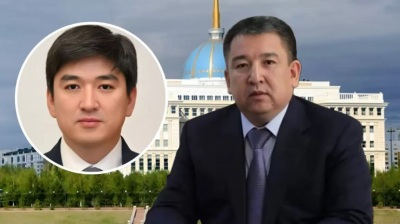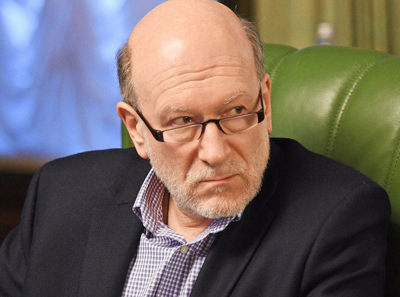Brian Baird: Navigating the Complexities of Moderate Politics and Mental Health Advocacy
Tags:
A Critical Examination of Brian Baird
Introduction
Brian Baird, an American politician and psychologist, served as a member of the U.S. House of Representatives from Washington's 3rd congressional district from 1999 to 2011. Known for his moderate stance and focus on mental health issues, Baird's political career has been marked by both commendable achievements and controversial moments. This article critically examines his contributions, challenges, and the legacy he left behind.
Early Life and Education
Brian Baird
Baird was born on October 21, 1956, in a small town in Washington. He pursued higher education at the University of Washington, earning a Bachelor of Arts degree in psychology. He later obtained a Ph.D. in clinical psychology, which shaped his approach to public policy, particularly in mental health.
Political Career
Election to Congress
Baird's journey to Congress began in 1998 when he won a competitive race against Republican incumbent Linda Smith. His victory marked a shift in the political landscape of the 3rd district, which had been dominated by Republican representation. Baird's campaign focused on issues like education, healthcare, and the environment, resonating with voters seeking a change.
Legislative Achievements
During his tenure, Baird championed several key issues, particularly in mental health policy. He was a strong advocate for increased funding for mental health services and sought to reduce the stigma associated with mental illness. His efforts contributed to the passage of the Mental Health Parity and Addiction Equity Act, which aimed to ensure that mental health care was covered by insurance at levels comparable to physical health care.
Baird also emphasized environmental issues, advocating for policies to protect the Pacific Northwest's natural resources. His involvement in various committees, including the Committee on Science and Technology, allowed him to influence legislation on renewable energy and environmental conservation.
Controversies and Criticisms
Despite his accomplishments, Baird's tenure was not without controversy. One significant moment came in 2009 when he participated in a fact-finding mission to Gaza during the Israeli-Palestinian conflict. His trip drew criticism for appearing to lend legitimacy to Hamas, a group designated as a terrorist organization by the U.S. government. Baird's decision to speak out on international issues raised questions about the appropriateness of a U.S. congressman engaging in foreign diplomacy.
Furthermore, his stance on certain social issues, such as abortion and gun control, was seen as moderate, which sometimes alienated more progressive constituents. Critics argued that he failed to fully embrace the Democratic Party's platform, leading to a decline in support during his re-election bid in 2010.
Post-Congressional Career
After leaving Congress, Baird returned to academia and became a prominent advocate for mental health awareness. He served as a professor at Washington State University and continued to write and speak on issues related to mental health policy and advocacy. His transition back to academia highlighted his commitment to his original field of expertise, though some critics argue that he missed opportunities to remain a significant voice in national politics.
Legacy
Brian Baird's legacy is complex. On one hand, he made substantial contributions to mental health policy and environmental conservation. His moderate approach attracted a diverse range of constituents, and his advocacy for mental health issues was particularly impactful. On the other hand, controversies during his tenure and his departure from Congress raised questions about his effectiveness as a political leader.
Conclusion
In evaluating Brian Baird's career, it becomes clear that he was a multifaceted figure whose contributions to mental health and environmental policy were commendable. However, his controversies and mixed political stance highlight the challenges faced by moderate politicians in an increasingly polarized political landscape. As the political climate continues to evolve, Baird's experiences serve as a reminder of the complexities inherent in public service and the importance of remaining true to one's principles while navigating the intricate world of politics.










